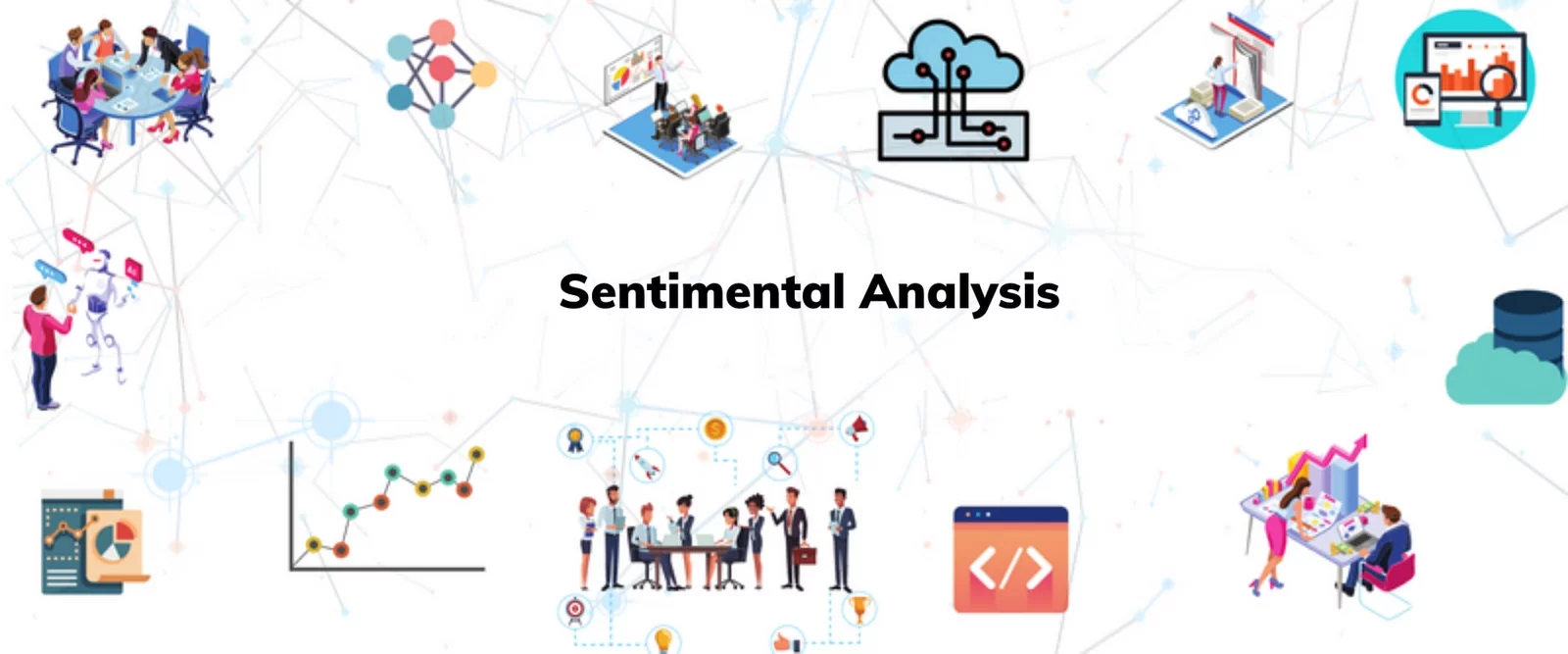Derivatives: Derivatives are financial contracts whose value is derived from an underlying asset. They include options, futures, swaps, and forward contracts. Derivatives are commonly used for hedging against price fluctuations, speculating on asset prices, or managing risk exposure.
Types of derivative contracts

1.FORWARD CONTRACTS
A forward contract is a financial agreement between two parties to buy or sell an asset at a predetermined price on a future date. It is a type of derivative contract that allows participants to hedge against price fluctuations or speculate on future movements in the underlying asset’s value.
In a forward contract, the buyer and the seller agree to the terms of the contract, including the price at which the asset will be bought or sold (referred to as the forward price) and the future delivery date. The asset involved can be a commodity (such as oil, gold, or wheat), a financial instrument (such as stocks, bonds, or currencies), or any other tradable item.
One key characteristic of a forward contract is that it is typically traded over-the-counter (OTC), which means it is customized between the two parties involved rather than being standardized and traded on an exchange. As a result, the terms and conditions of a forward contract can be tailored to the specific needs of the participants.
2.OPTIONS CONTRACTS
Options: Options are derivative securities that give the holder the right, but not the obligation, to buy (call option) or sell (put option) an underlying asset at a predetermined price within a specified period.
3.FUTURES CONTRACTS
Futures: Futures contracts are agreements to buy or sell an asset at a predetermined price on a future date. They are used by investors and traders to speculate on the price movement of commodities, currencies, stocks, and other assets.
Futures contracts are standardized contracts traded on regulated exchanges, whereas forward contracts are typically customized agreements traded over-the-counter (OTC) between two parties. The standardized nature of futures contracts means they have predetermined contract specifications, including the contract size, delivery terms, and expiration dates. This standardization promotes liquidity and ease of trading.
4.SWAP CONTRACTS
Swap derivatives, also known as interest rate swaps, are financial contracts that allow two parties to exchange future cash flows based on different interest rate benchmarks. These derivatives are commonly used to manage or hedge interest rate risks.
In a swap derivative, two counterparties agree to exchange interest rate payments over a specified period of time. The most common type of interest rate swap involves exchanging fixed-rate payments for floating-rate payments.










